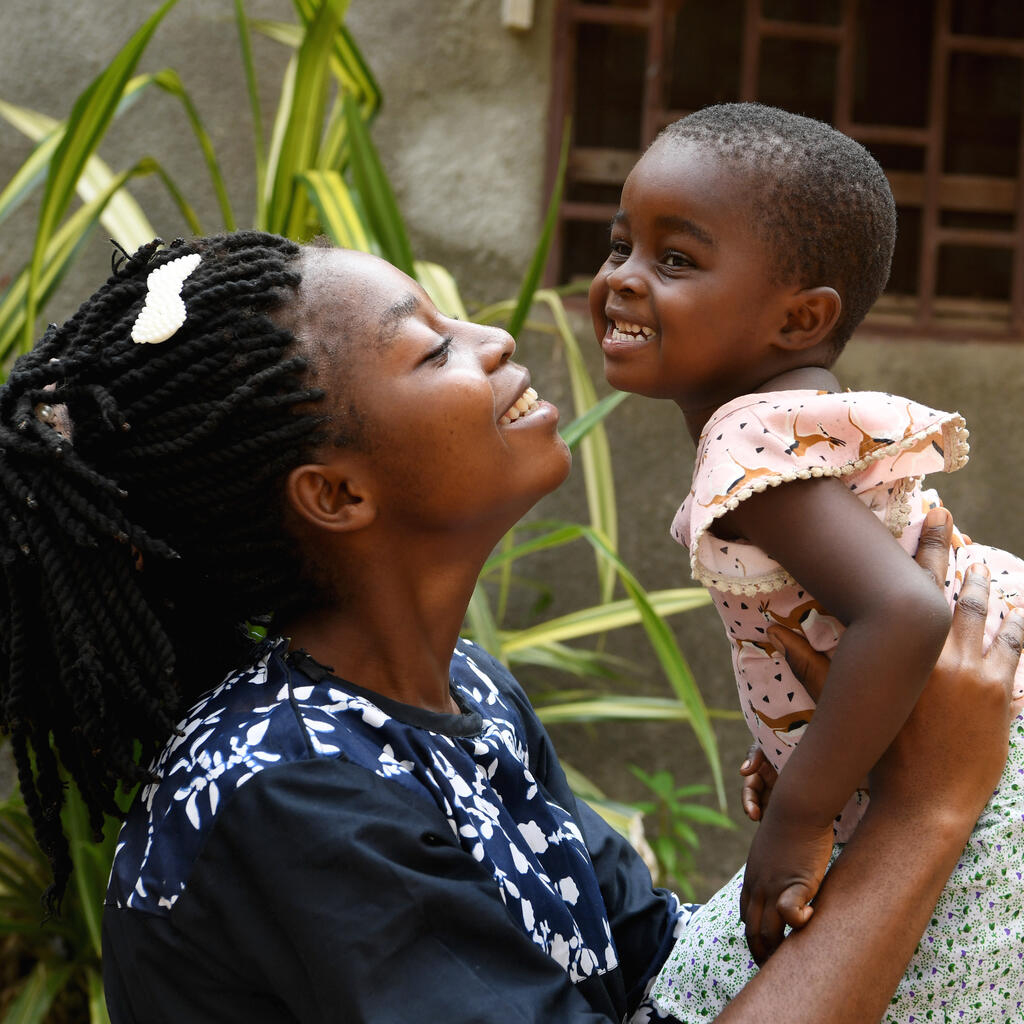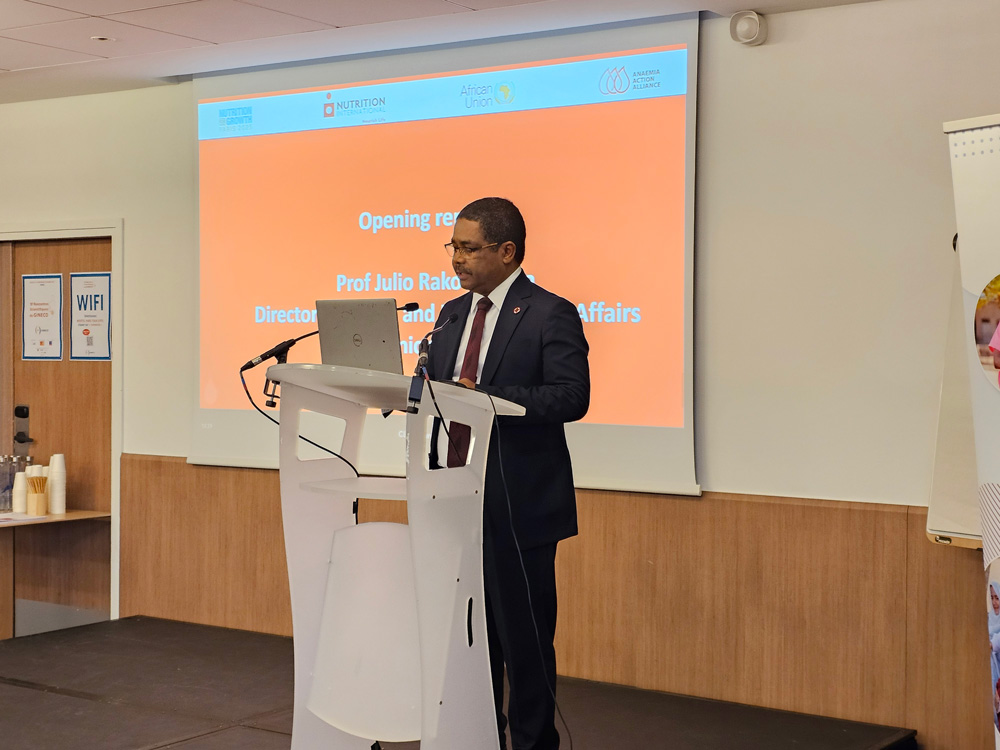
Why act on anaemia?

Get Involved
Don't miss this opportunity to make a difference in the lives of millions of women and children. Join the Anaemia Action Alliance and help reduce anaemia by 50% by 2030.
How we work
Technical support
Providing technical support to countries for accelerating anaemia reduction, including through adapting and implementing the recommendations of the WHO Comprehensive framework for action to accelerate anaemia reduction.
Evidence
Consolidating evidence and identifying priority research needs to address evidence gaps that constrain progress towards better guidance, policy, and programme design and delivery.
Resource mobilization and tracking
Mobilizing investments in anaemia and developing mechanisms for tracking financial resources towards anaemia prevention and reduction.
Advocacy and communications
Driving a global paradigm shift that elevates anaemia as a key indicator of health and development, reflecting the multiple causes, risk factors and solutions to reduce anaemia.
Latest news
See allCommitments of $27 Billion Pledged at 2025 Nutrition for Growth Summit

Last month, governments, international organizations, research institutions, civil society organizations, philanthropies and businesses gathered in Paris for the Nutrition for Growth Summit, demonstrating their commitment to ending malnutrition.
Delegations from over 100 countries pledged over $27 billion to end malnutrition by 2030. Over 400 commitments were registered on the Nutrition Accountability Framework platform, the world's first independent and comprehensive platform designed to register SMART commitments for action on nutrition and monitor progress. The summit served as a unique opportunity to reaffirm Africa's commitment to addressing malnutrition through enhanced financing and accountability mechanisms.
Members of the Anaemia Action Alliance connected with each other, forged new partnerships, and shared their knowledge as experts in evidence-based solutions for prevention, diagnosis and management of anaemia. As the host of the Alliance in close collaboration with UNICEF, WHO proudly reaffirmed its commitment to enhance the prevention, diagnosis, and management of anaemia, building off the 2023 Accelerating anaemia reduction: a comprehensive framework for action. This will include working with partners to provide implementation and monitoring guides for the comprehensive framework, updated guidance on anaemia management in pregnancy and postpartum, and updated estimates of global prevalence of anaemia prevalence in high-risk groups.
The Anaemia Action Alliance co-hosted an official side event with the African Union Commission and Nutrition International on 28 March. Speakers included esteemed representatives from Ethiopia, Chad, Cote d’Ivoire, Nigeria and Lesotho. The event highlighted ongoing efforts to reduce anaemia at the global, regional and country levels and provided valuable insights into the Comprehensive framework for anaemia action and the AUC Strategic framework for anaemia prevention in Africa. Partners including WHO and Nutrition International pledged to support country efforts. Member States from Chad, Ethiopia, Lesotho and Nigeria highlighted their priorities and commitments to accelerate anaemia reduction. Countries are now developing and implementing action plans to achieve World Health Assembly and SDG targets.
 "Anaemia is a complex health issue caused by multiple factors including nutritional deficiencies, infections, chronic diseases, and socio-economic challenges like gender inequity, poverty and limited access to healthcare. To effectively respond to these challenges, the African Union Commission has developed and launched a comprehensive multisectoral framework to address anaemia focusing on strengthening data collection, prioritizing tailored interventions, enhancing governance and expanding research," said Prof. Julio Rakotonirina, Director of Health and Humanitarian Affairs at the African Union Commission.
"Anaemia is a complex health issue caused by multiple factors including nutritional deficiencies, infections, chronic diseases, and socio-economic challenges like gender inequity, poverty and limited access to healthcare. To effectively respond to these challenges, the African Union Commission has developed and launched a comprehensive multisectoral framework to address anaemia focusing on strengthening data collection, prioritizing tailored interventions, enhancing governance and expanding research," said Prof. Julio Rakotonirina, Director of Health and Humanitarian Affairs at the African Union Commission.
